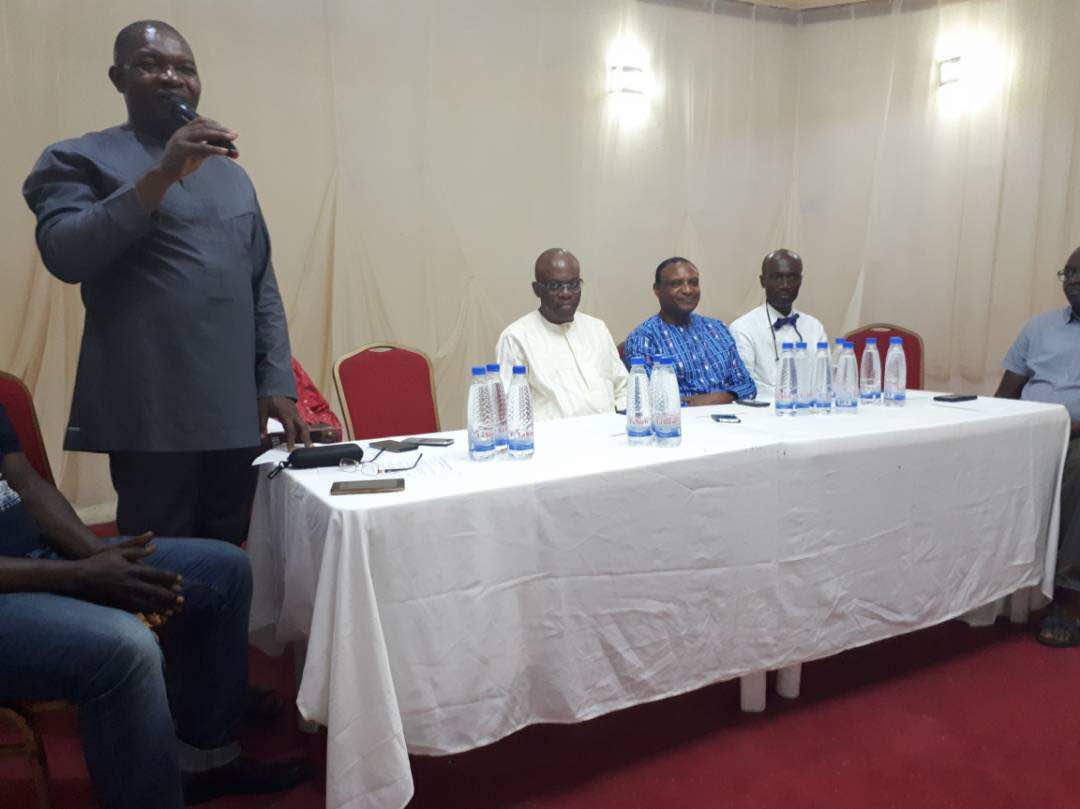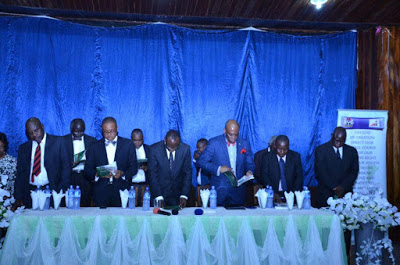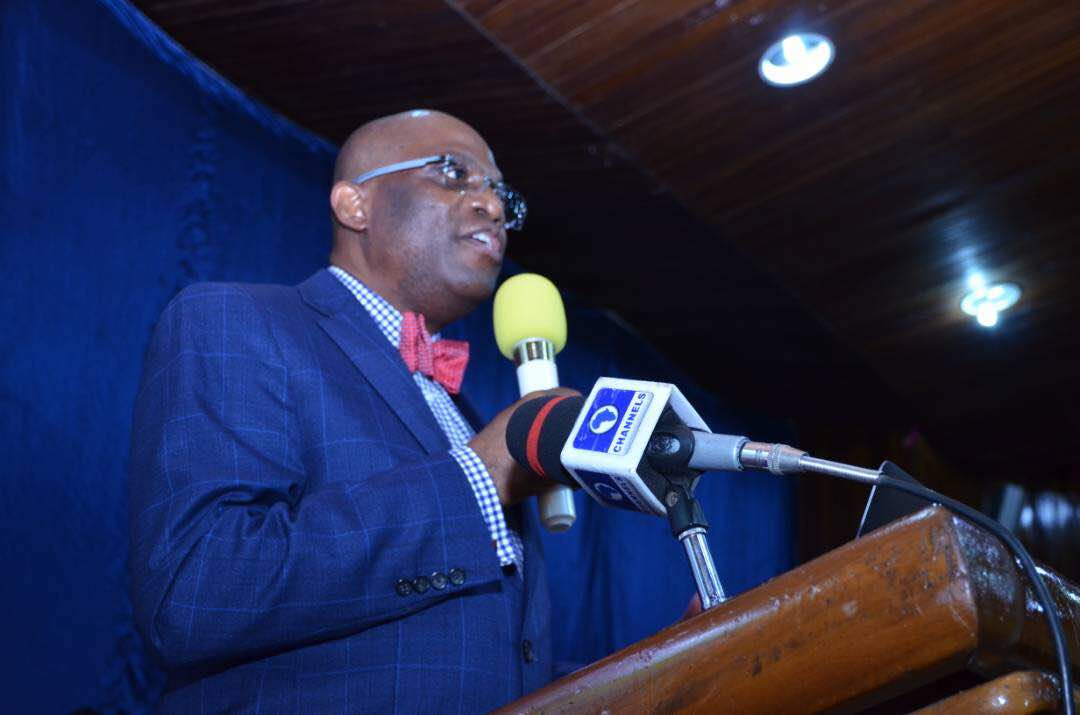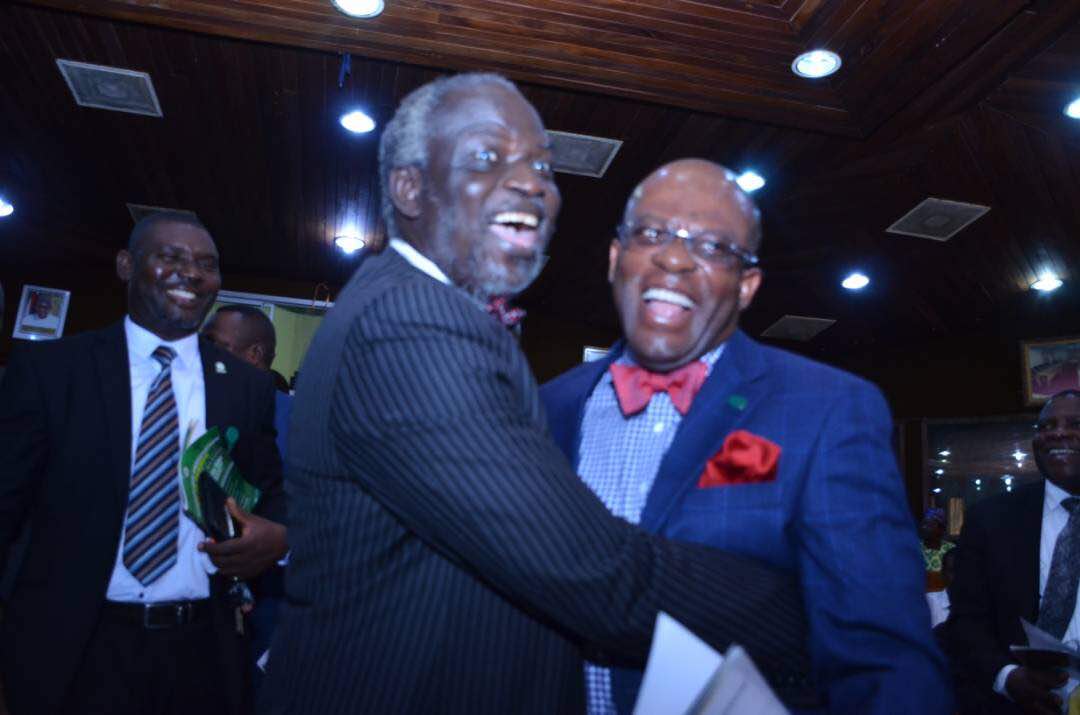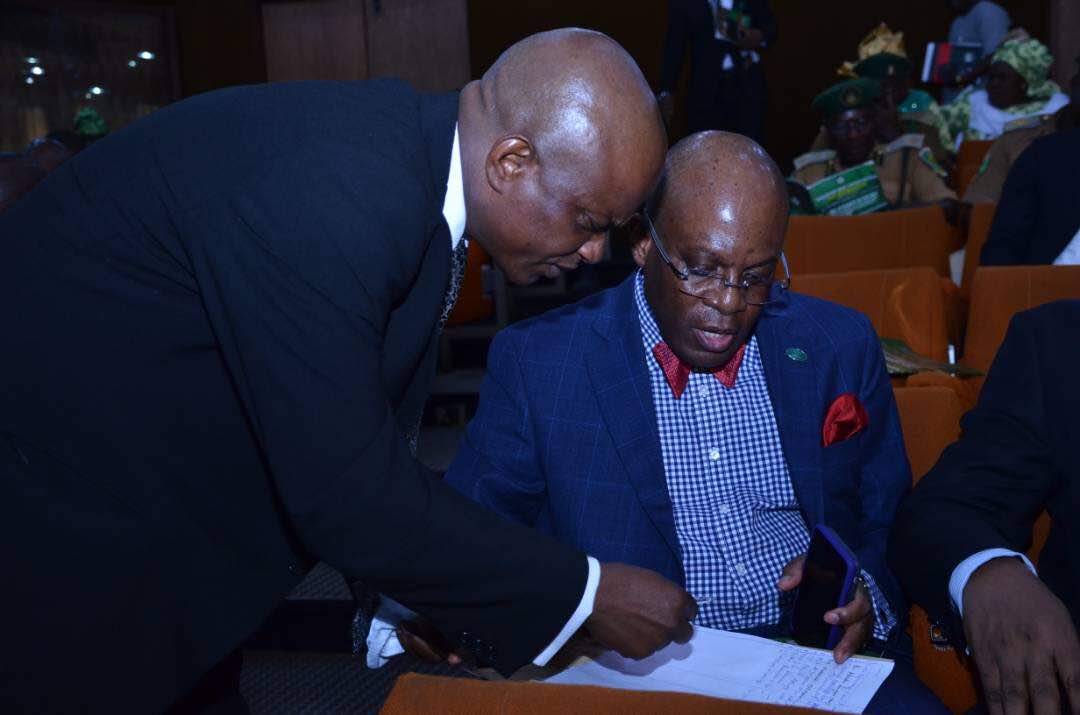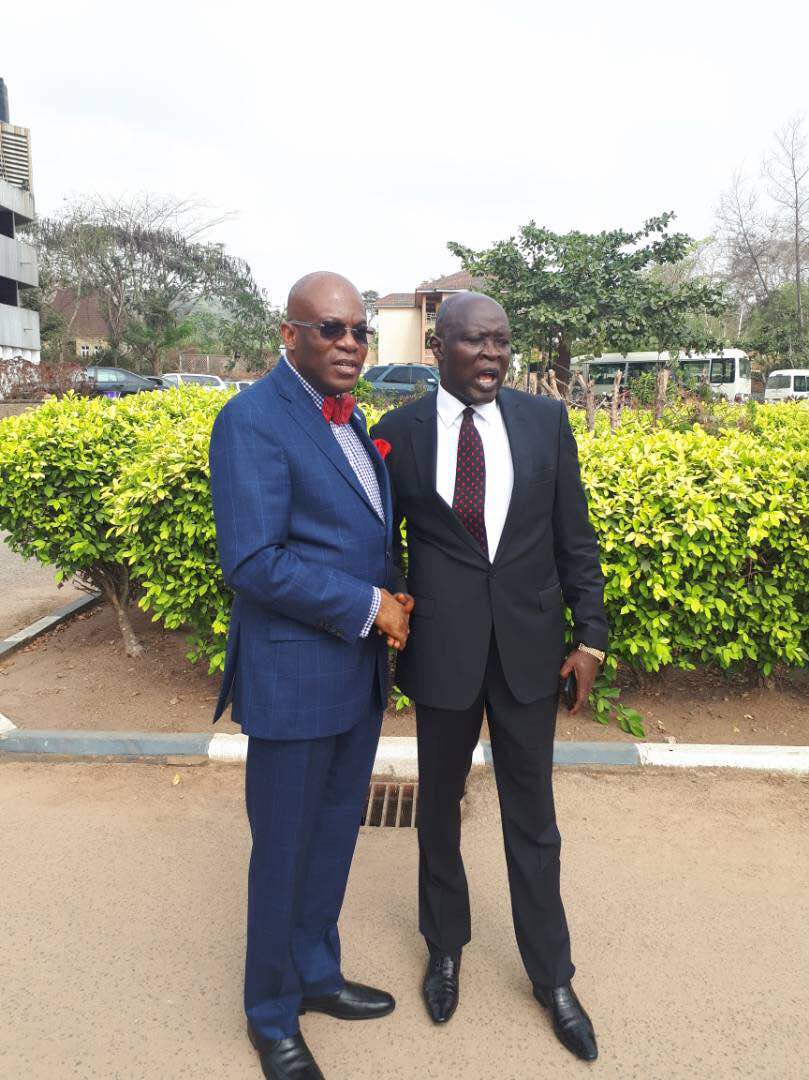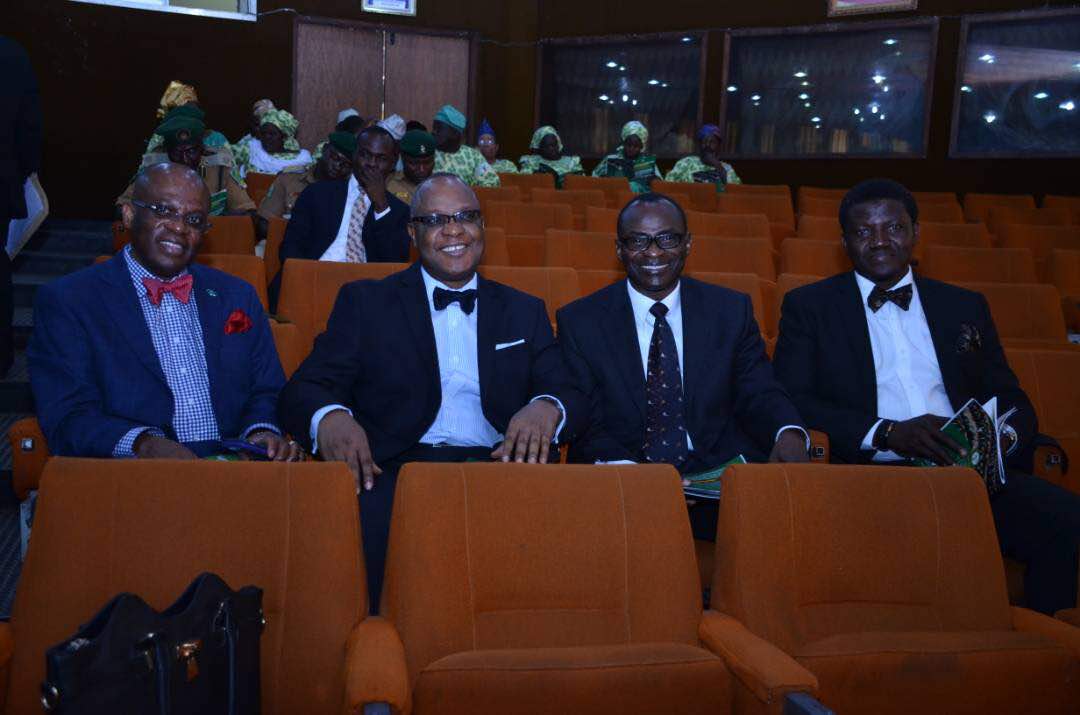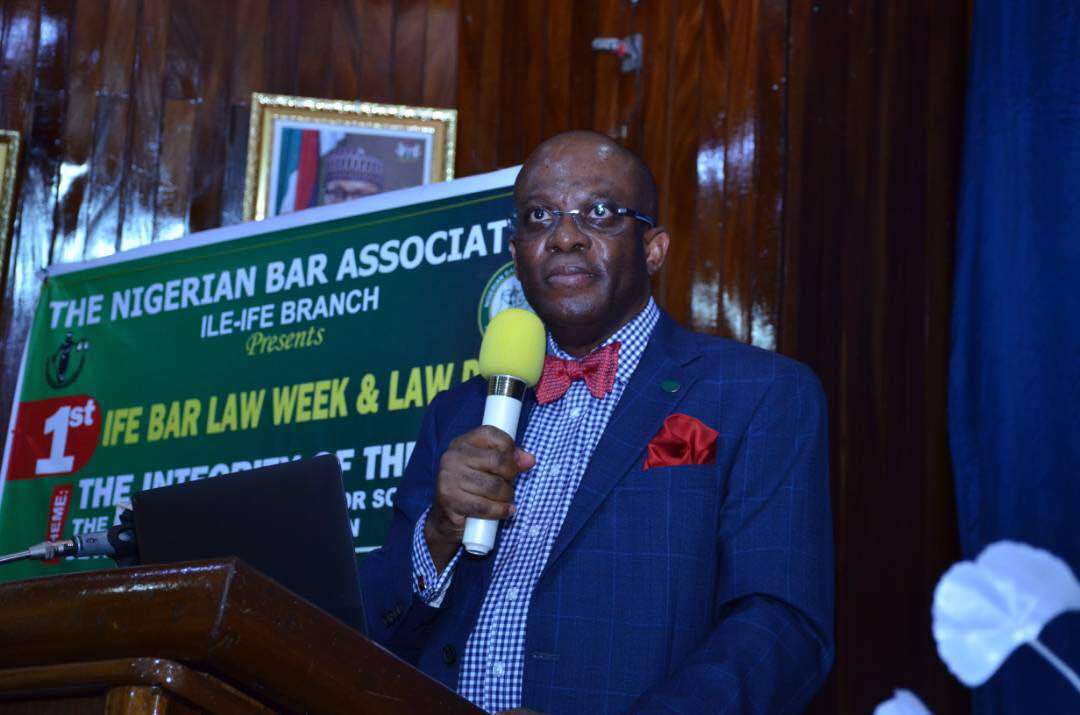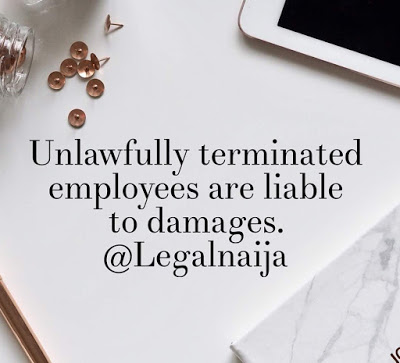
Opinion: Unemployable Graduates – The Case for an ‘Anti-discrimination Recruitment Directive’

Procurement and Construction Company, headquartered in Ikoyi, Lagos. The firm
is recruiting for Graduate Trainees – with preference for
Minimum of a 2.1 degree in any course from an accredited University.
Applicants must have concluded NYSC, and must have discharge certificate
in hand.
Applicant’s Date of Birth, Gender and Class of degree must be clearly
stated
Minimum of 5 credits (Mathematics and English inclusive) in GCE, NECO or
its equivalent in one sitting.
Applicants should not be more than 25 years of age as at January 6,
2017.
newspapers/magazines and wall posters awash with discriminatory job adverts
from companies like the above – the fate of the Nigerian graduate seems bleak. The
reality is starker – the rate of unemployed people
increased from
13.6 million to 18.0 million in the 3rd quarter of 2017 – and there is a general consensus that discriminatory job adverts makes
graduates unemployable. On the flipside
– recruitment policies of companies like Company X is justified with a cliched
rhetoric – that “organizations should be free to pursue recruitment policies
which aligns with its visions and goals”.
therefore to contribute to agitations for the enactment of an anti-discrimination
directive – which prevents organizations from imposing discriminatory
conditions in its job adverts and employment offers. It first sets out the
relevant laws on employment in Nigeria and international treaties on same. It
further highlights best practices from abroad and lessons which could be drawn from
these. The resulting effect is to find – that a dynamic and vibrant economy
must be predicated on nurturing talents that are competent, passionate and
skilled irrespective of age, gender or academic achievements.
discrimination?
to be generally employer friendly. The reason for this is not far-fetched. It
has become a norm for employers to impose discriminatory conditions on job
applicants. The extant law on Labour and Employment in Nigeria – namely, the Labour Act of 2004; the Trade Union
Amended Act 2005; the Employees
Compensation Act 2010; the Factories
Act 2004; the Pensions
Reform Act 2004; and the Trade Disputes Act 2004 – provides little or no
discrimination protection for job applicants – and indeed employees.
regulations falls under the auspices of the National Industrial Court of Nigeria (NICN) and with regard to
discrimination claims, there are no laws that specifically prohibit
discrimination in the employment context. The only protection against discriminatory
job requirements is provided in section 42 of the Nigerian Constitution – which
provides for freedom from discrimination on the basis of sex, age, ethnic
group, and political affiliation – and the National Employment Policy (NEP), published by the Ministry
of Labor and Employment.
In its objective, the NEP purports that
1: To promote equality of opportunity and treatment in access to employment
Job advertisement shall reflect the job description and the selection criteria
shall principally be related to qualifications, skills, knowledge and
experience.
Job advertisements shall not state any requirement related to sex, age,
ethnicity, religion or other personal attributes except where such attribute
are inherent requirements for the job.
of these are not far-reaching for obvious reasons – they are not extant laws
relating specifically to discrimination of job adverts. The International
Labour Organization’s Discrimination (Employment and
Occupation) 1958 (ILO Convention no. 111), to which Nigerian is a party – and
which requires states to enable legislation which prohibits all discrimination
and exclusion on any basis including of race or color, sex, religion, and political
opinions – is eo ipso rendered
non-effective.
government parastatals impose restrictions. From saving recruitment cost, to
streamlining number of applicants, to catching them younger, to meeting
specific job gender demands – the list is inconclusive.
– the Nigerian reality and global modern business practice renders them
unjustifiable. With regards to the former, years of taking JAMB, incessant
strikes by ASUU and higher institutions, and the fragmented curriculum makes it
highly unlikely that a typical Nigerian graduate can meet the age and
experience requirements. With the latter, the right to secure employment
without any form of discrimination is now a universal right – protected and
pursued in many developed societies – and quite rightly so, it aids the fight
against unemployment and fosters economic productivity.
inundated with recruitment discriminations – but more developed societies
provide safeguards to ameliorate its effect. Firstly, in the US, under the laws
enforced by Equal Employment Opportunity
Commission
(EEOC), it is illegal to discriminate against someone because of the person’s
race, color, religion, sex, and most importantly “age”. The Age Discrimination Employment Act (ADEA) enforces this and protects
applicants/employees 40yrs and above from being discriminated against on the
basis of age in hiring, promotion, discharge or compensation. If an employer is
found in violation of these employment laws, he can be sued and fined.
discrimination, on the grounds of sex, marital status, age and any other term
of employment. If it is not carefully worded and targeted, a job
advert may be discriminating; with Ryanair for instance successfully sued for age discrimination when it used
the words ‘young and dynamic’ in a job advertisement. To enforce these
provisions, the UK Employment Tribunal was
established and ipso facto has the
power to make awards to compensate victims of discrimination for the ‘injury to
feelings’ and any ‘injury to health’ they have suffered.
promulgation of a directive/law specifically against discriminatory recruitment
practices across all level. Such directives and laws should be accompanied with
guides, modelling the UK Commission for Employment and
Skills’ Guides (UKCES) one of which is designed to encourage
employers to
prepare young people in education for the world of work. The guide provides for mandatory work experience
for all 16-19yrs old by introducing traineeship (bridging education and
employment). The onus will a fortiori be
on employers – “if you want experience, give them one”.
when fashioning out such directives/law; so that applicants can seek redress in
the NICN as it applies in the UK. A new employment taskforce could be
inaugurated to enforce these laws, with the NICN having jurisdiction over the
cases. The utility of this is not far-fetched. Job
advertisements will be targeted to a wide audience to ensure diversity of
applicants. Also, employers will have to clearly identify the skills and
competencies required to fulfil the role, and only these should form the basis
of the advert.
on the basis of competence and zeal for change, as against those that termed
him too old and unhealthy.

Samuel Omotayo is a First Class LLB graduate of Bangor University, UK and a candidate
of the Freshfields Stephen Lawrence Scholarship Scheme. He also holds a BA
(Hons) in Philosophy, Ekiti State University, and is presently preparing for
his Bar I due to start June 2018.

Tomiwa
Babatunde is a final year Law student of the University of Lagos. He has a
growing interest in Constitutional Law, Insurance and Property law. An active
member of Taslim Elias Student Chamber, and Academic secretary in 2015. He
recently interned at J.O Fabunmi & co, and he relishes a career as an Insurance
practitioner.







